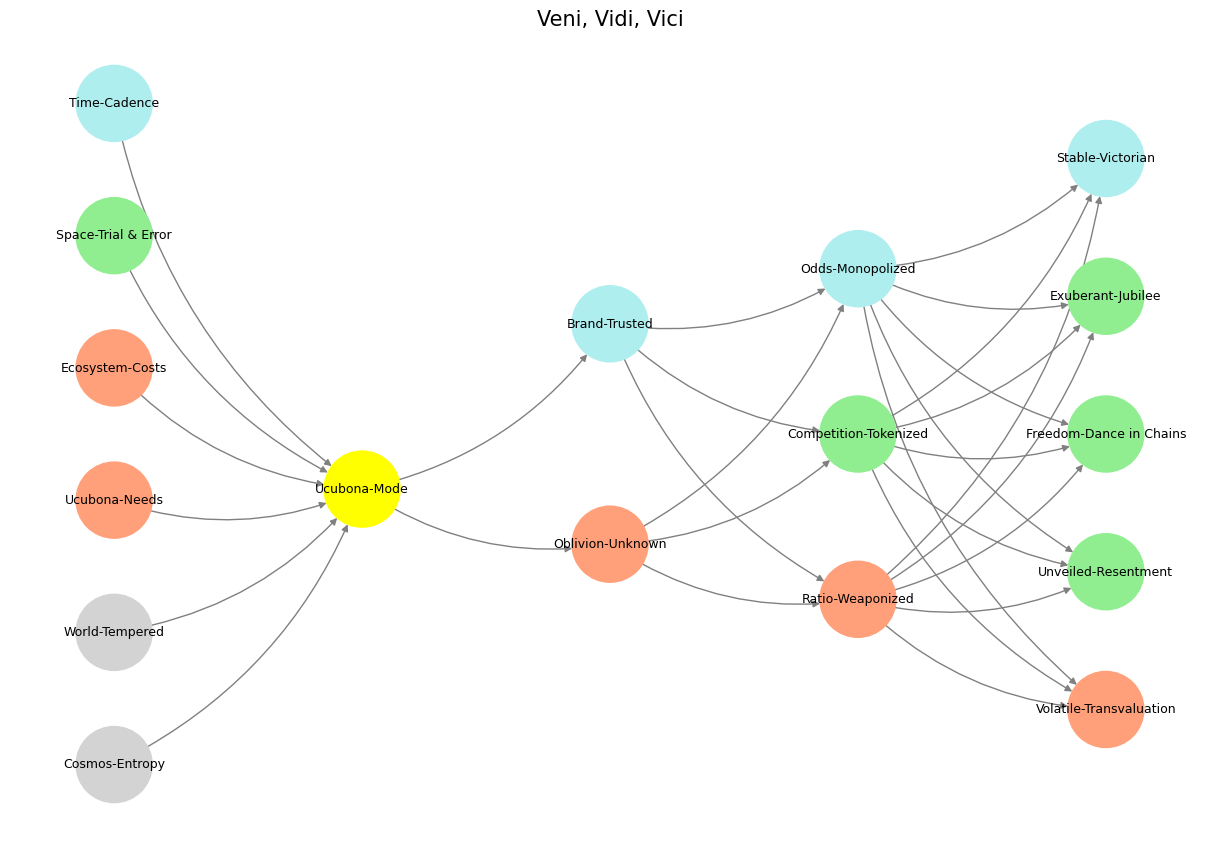Prometheus#
Chess, Complexity, and the Muskian Perspective on Strategy#
Elon Musk’s dismissal of chess as “too simple to be useful in real life” is a statement that, at first glance, seems provocative but ultimately reveals more about Musk’s own biases than about chess itself. His critique—framing chess as an artificial game with perfect information, symmetrical starting positions, and a lack of dynamic elements like a “fog of war” or a “technology tree”—implicitly suggests that real-world strategy is more akin to complex, unpredictable systems such as business, warfare, or technological innovation. While there is some validity to this perspective, Musk’s view is reductive and overlooks what chess actually represents: not a simulation of reality, but a compressed abstraction of deep strategic thought, pattern recognition, and decision-making under constraint.
The Nature of Chess: Abstraction, Not Simulation#
Musk’s comparison hinges on the idea that because chess lacks randomness, hidden information, and external technological progress, it fails as a useful strategic model. But this assumes that the primary value of a game lies in its ability to directly mimic real-world conditions, rather than in its capacity to develop cognitive frameworks. Chess is not meant to be a 1:1 simulation of warfare or business competition; it is an abstraction of strategic complexity in its purest form.
Play we had just seen had released some inhibition and the rhythm of its sonorous cadences
– Somerset
The human brain thrives on heuristics—mental shortcuts that simplify decision-making in complex environments. Chess, despite its finite 64-square board and deterministic nature, is a powerful heuristic training ground. It forces players to engage in forward planning, contingency analysis, pattern recognition, and, most importantly, adaptation to an opponent’s psychology. These are all skills that translate seamlessly into real-world strategy, even if the game itself lacks literal elements of randomness or asymmetry.
This is where Musk’s critique begins to fall apart. Complexity in itself is not necessarily superior to simplicity. A game like chess thrives precisely because it compresses complexity into a framework that can be grasped by human cognition without being overwhelmed by extraneous variables. The absence of a “fog of war” does not mean that chess lacks uncertainty—players must still navigate incomplete psychological information about their opponent, anticipate their tendencies, and respond dynamically. The lack of randomness does not mean that chess lacks unpredictability—human creativity and error introduce the kind of volatility that is essential to real-life decision-making.
Chess as an Engine for Strategic Thought#
The historical significance of chess contradicts Musk’s claim that it is “too simple” to be useful. From the medieval period to the Cold War, chess has been seen as a model of intellectual and strategic rigor. Its study has informed military leaders, business executives, and even artificial intelligence research. The depth of chess’s complexity is evidenced by the fact that despite centuries of study, the game remains unbeaten by human minds; modern grandmasters still discover new variations, and even AI-driven engines continue to refine strategic concepts. If chess were truly as trivial as Musk suggests, it would have been “solved” in a meaningful way long ago.
Polytopia addresses these limitations
– Musk
Furthermore, Musk’s critique presumes that the symmetrical nature of chess makes it unrealistic. Yet many of the most strategically demanding domains of human endeavor—mathematics, engineering, and even scientific research—operate within fixed rule sets where innovation emerges not from randomness, but from the creative manipulation of known constraints. The elegance of chess lies in the fact that its complexity is emergent, rather than dictated by external randomness or arbitrary complexity inflation.
The Illusion of Complexity in Polytopia#
Musk’s alternative—Polytopia, a 4X (explore, expand, exploit, exterminate) strategy game—certainly offers features that chess lacks. It has hidden information, technological progress, and variable maps. But these elements do not inherently make it a superior tool for developing strategic thought. If anything, they introduce noise: more variables to track, more external conditions to react to, and more opportunities for luck to influence the outcome.

Fig. 10 Competition (Generativity) & Feedback (Exertion). The massive combinatorial search space and optimized emergent behavioral from “games” among the gods, animals, and machines are the way evolution has worked from the beginning of time. Peterson believes reinforcement learning through human feedback (RLHF- a post-training twitch) removes this evolutionary imperative.#
Real-world strategy does not always benefit from maximum complexity. In fact, much of effective decision-making revolves around the ability to reduce complexity, to discern the signal from the noise. Chess excels in this regard—it strips away irrelevant distractions and distills strategic thinking to its core. By contrast, games with too many variables risk creating the illusion of strategy, where outcomes are more dictated by circumstantial advantages (better starting position, random discoveries) than by pure decision-making prowess.
Musk’s preference for a game like Polytopia aligns with his personal ethos: he thrives in domains where asymmetric advantages, technological escalation, and unpredictable disruptions are key drivers of success. But this is not the only valid model of strategy. There is immense intellectual value in mastering deterministic systems, precisely because they force the mind to refine its ability to recognize structure and anticipate consequences.
Conclusion: Chess Endures#
Elon Musk’s perspective is ultimately a reflection of his own worldview—one that favors systems of chaotic, high-variance innovation over those of disciplined, structured mastery. But the value of chess has never been about direct applicability to warfare or business; it is about the cultivation of strategic thought in its most distilled form. If anything, Musk’s dismissal of chess as “too simple” reveals a misunderstanding of what complexity actually means. Chess remains an enduring intellectual proving ground, one that has stood the test of time precisely because its simplicity is deceptive—behind the 8x8 grid lies a world of infinite depth.
Real-world strategy is not about chasing the most complex possible system; it is about understanding which variables matter. In that sense, chess is not a relic—it is an essential exercise in clarity, an antidote to the noise of a world obsessed with artificial complexity.
Show code cell source
import numpy as np
import matplotlib.pyplot as plt
import networkx as nx
# Define the neural network fractal
def define_layers():
return {
'World': ['Cosmos-Entropy', 'World-Tempered', 'Ucubona-Needs', 'Ecosystem-Costs', 'Space-Trial & Error', 'Time-Cadence', ], # Veni; 95/5
'Mode': ['Ucubona-Mode'], # Vidi; 80/20
'Agent': ['Oblivion-Unknown', 'Brand-Trusted'], # Vici; Veni; 51/49
'Space': ['Ratio-Weaponized', 'Competition-Tokenized', 'Odds-Monopolized'], # Vidi; 20/80
'Time': ['Volatile-Transvaluation', 'Unveiled-Resentment', 'Freedom-Dance in Chains', 'Exuberant-Jubilee', 'Stable-Victorian'] # Vici; 5/95
}
# Assign colors to nodes
def assign_colors():
color_map = {
'yellow': ['Ucubona-Mode'],
'paleturquoise': ['Time-Cadence', 'Brand-Trusted', 'Odds-Monopolized', 'Stable-Victorian'],
'lightgreen': ['Space-Trial & Error', 'Competition-Tokenized', 'Exuberant-Jubilee', 'Freedom-Dance in Chains', 'Unveiled-Resentment'],
'lightsalmon': [
'Ucubona-Needs', 'Ecosystem-Costs', 'Oblivion-Unknown',
'Ratio-Weaponized', 'Volatile-Transvaluation'
],
}
return {node: color for color, nodes in color_map.items() for node in nodes}
# Calculate positions for nodes
def calculate_positions(layer, x_offset):
y_positions = np.linspace(-len(layer) / 2, len(layer) / 2, len(layer))
return [(x_offset, y) for y in y_positions]
# Create and visualize the neural network graph
def visualize_nn():
layers = define_layers()
colors = assign_colors()
G = nx.DiGraph()
pos = {}
node_colors = []
# Add nodes and assign positions
for i, (layer_name, nodes) in enumerate(layers.items()):
positions = calculate_positions(nodes, x_offset=i * 2)
for node, position in zip(nodes, positions):
G.add_node(node, layer=layer_name)
pos[node] = position
node_colors.append(colors.get(node, 'lightgray'))
# Add edges (automated for consecutive layers)
layer_names = list(layers.keys())
for i in range(len(layer_names) - 1):
source_layer, target_layer = layer_names[i], layer_names[i + 1]
for source in layers[source_layer]:
for target in layers[target_layer]:
G.add_edge(source, target)
# Draw the graph
plt.figure(figsize=(12, 8))
nx.draw(
G, pos, with_labels=True, node_color=node_colors, edge_color='gray',
node_size=3000, font_size=9, connectionstyle="arc3,rad=0.2"
)
plt.title("Veni, Vidi, Vici", fontsize=15)
plt.show()
# Run the visualization
visualize_nn()


Fig. 11 Nostalgia & Romanticism. When monumental ends (victory), antiquarian means (war), and critical justification (bloodshed) were all compressed into one figure-head: hero#

